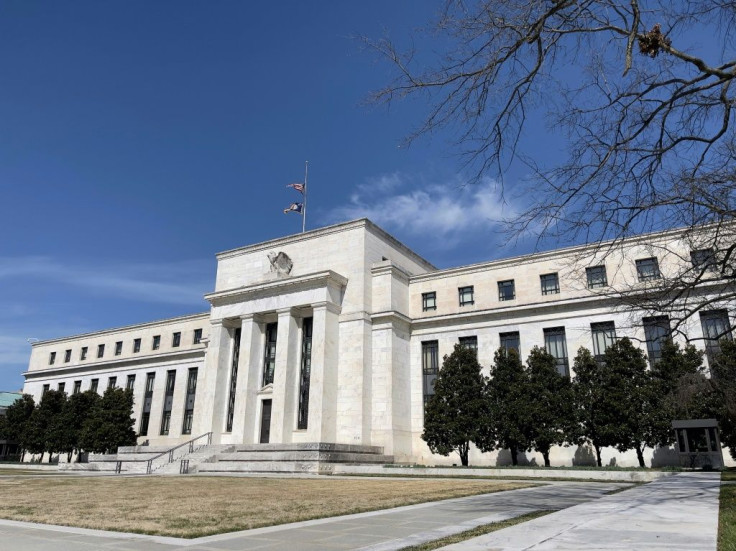Fed Officials Surprised By Higher-Than-Expected Inflation Spike
Rising prices amid the recovery from the pandemic shutdown were predicted, but the recent jump in US inflation was higher than Federal Reserve officials had expected, the Fed said Wednesday.
Given a risk that prices will remain higher for some time, officials stressed the central bank will need to be ready to pull back on its massive bond-buying program, but offered no concrete hints on when that will happen, according to the minutes of the June 15-16 monetary policy meeting.
As the US economy reopened, supply bottlenecks and a surge in consumer spending as well as trouble finding workers have pushed inflation well beyond the central bank's 2.0 percent target, rising to 3.6 in April, officials said.
While temporary factors had been expected to boost inflation and then recede, "the actual rise in inflation was larger than anticipated."
The members of the Fed's policy-setting Federal Open Markets Committee (FOMC) "attributed the upside surprise to more widespread supply constraints in product and labor markets... and to a larger-than-expected surge in consumer demand as the economy reopened."
Companies nationwide have complained about trouble finding and keeping workers, as well as rising prices for products like lumber, plastic and fuel.

Amid the rapid pace of the rebound, Fed officials boosted their inflation forecasts at the meeting to a median of 3.4 percent.
The minutes noted that "a substantial majority of participants judged that the risks to their inflation projections were tilted to the upside because of concerns that supply disruptions and labor shortages might linger for longer and might have larger or more persistent effects on prices and wages."
The Fed cut the benchmark lending rate to zero in the early weeks of the pandemic and has been buying $120 billion a month in bonds, to provide liquidity to the economy, but Fed Chair Jerome Powell last month said officials are beginning to talk about when to tap the brakes on the asset purchases.
Participants at the meeting said it would be "prudent" to be prepared "to reduce the pace of asset purchases, if appropriate, in response to unexpected economic developments," including if the US economy reaches full employment and inflation over 2 percent faster than anticipated.
But they said they would provide notice "well in advance" of any changes, the minutes said. That should reassure financial markets that they will not be taken by surprise.
FOMC members are still divided on whether to cut back on buying mortgage-backed securities first given the hot housing market, or to reduce purchases of US Treasury debt and MBS in tandem.
© Copyright AFP 2024. All rights reserved.





















